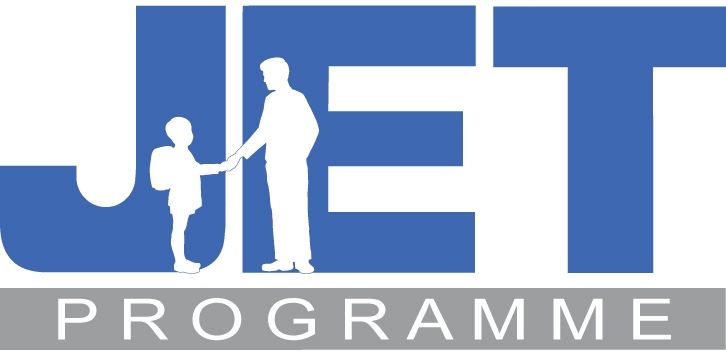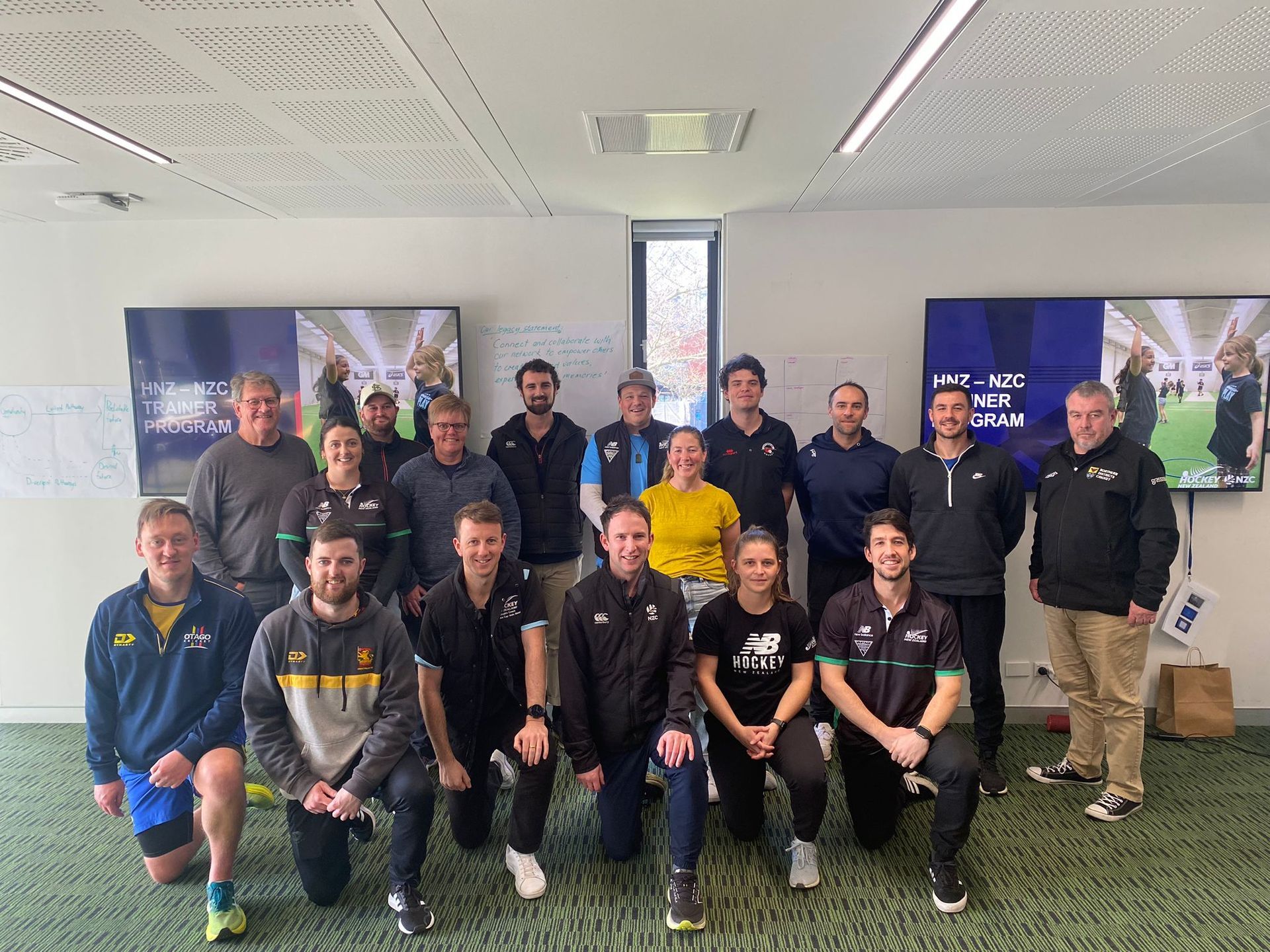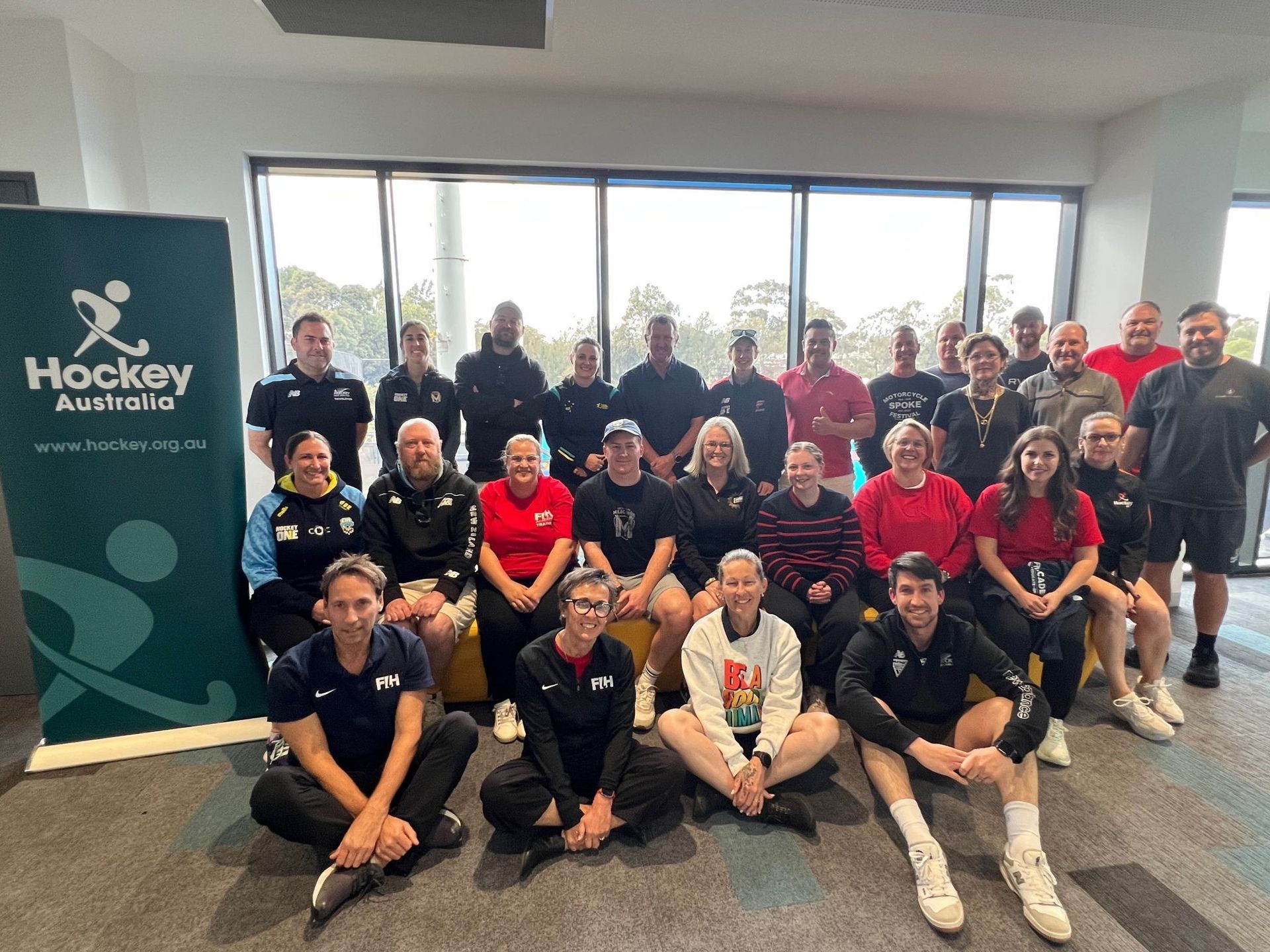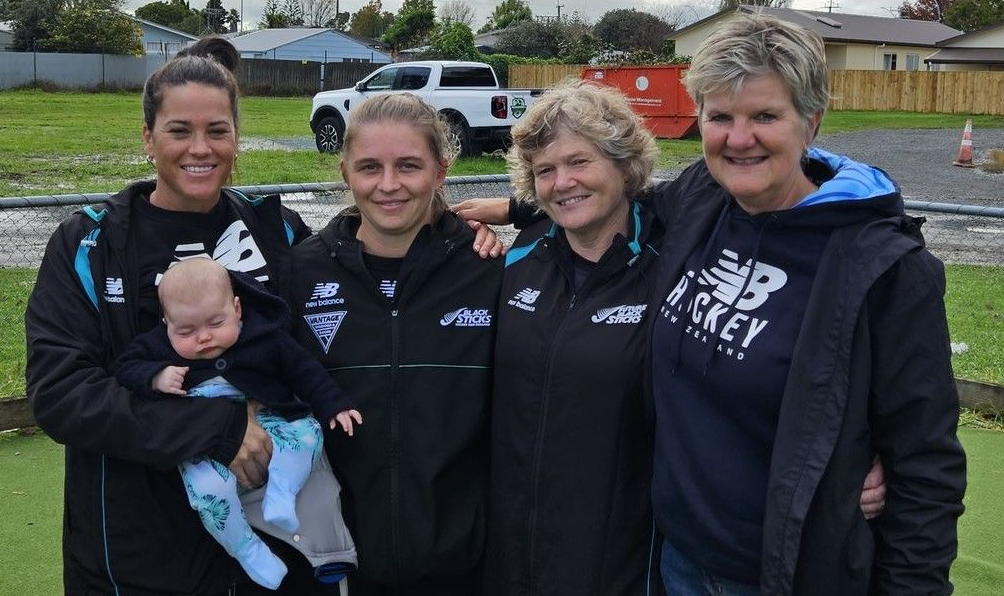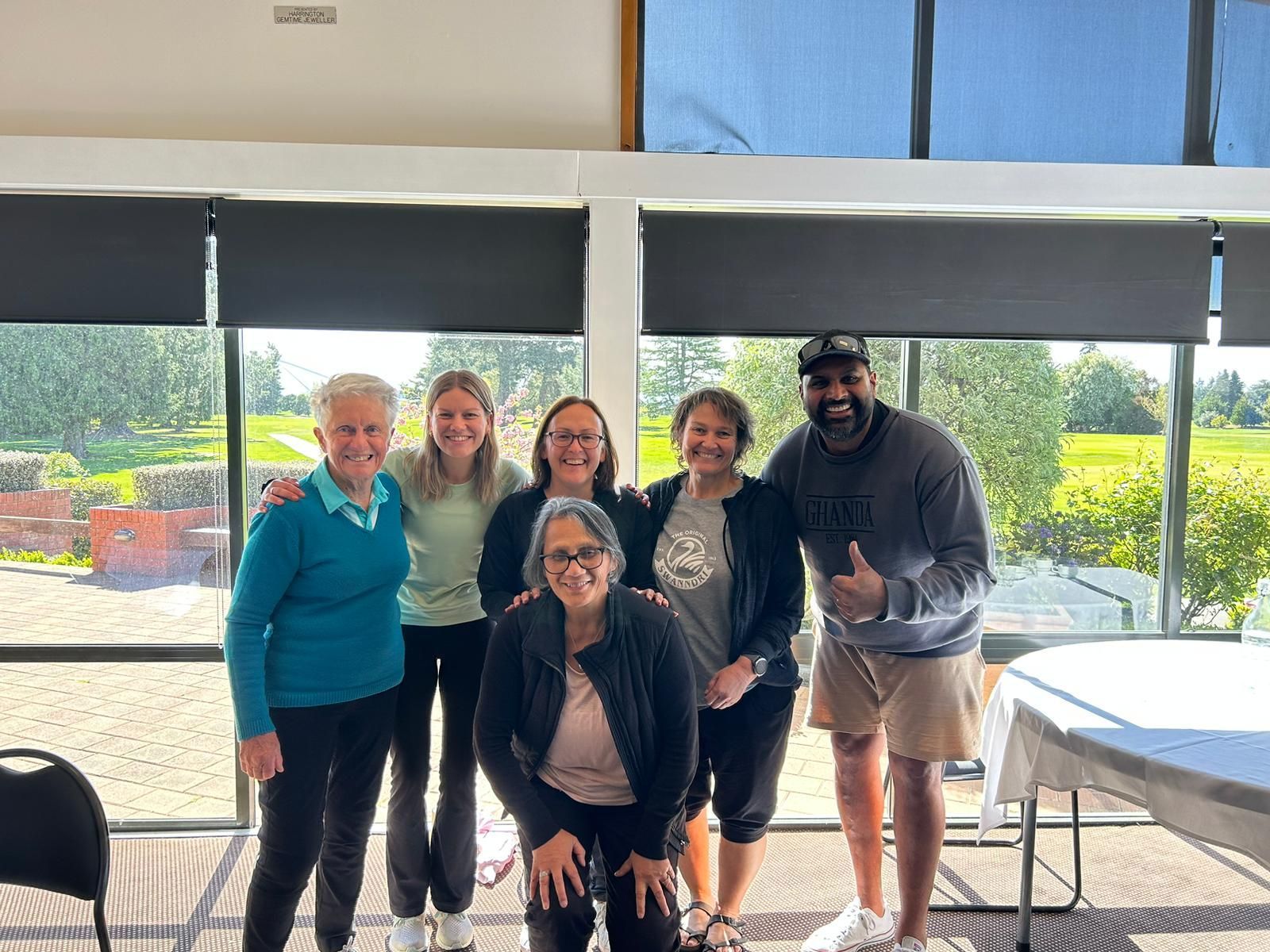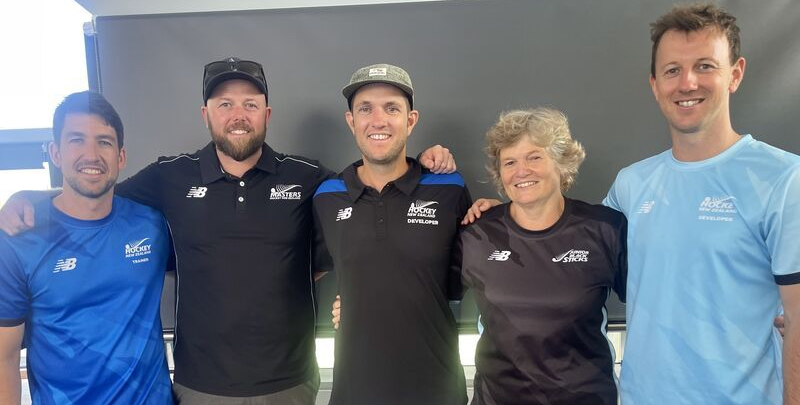About the Author: Jolene Casey is a specialist Physical Education Teacher with a Bachelor of Education and Post Graduate Diploma in Sports Training and Development. She has coached and managed a number of age group representative hockey, touch and rugby teams. Hailing from Dunedin, Jolene is a Coach Developer for Otago Hockey and part of the Hockey New Zealand Trainer network supporting the development of the national coaching system.
The importance of having Team Values: How to build an effective Team Culture
Having a team full of superb individual skills is a great asset to any team, but having an effective team culture makes any highly skilled team even better. How can that be you ask, surely a team full of superb skills is going to be a great team?
Well I’ve found that this is not always the case. Superb individual skills are only one part of building a great team. In my experience, another very important piece of the team jigsaw is effective team culture. Building team culture is an important starting point for any coach who wants to work with a sports team. It doesn’t matter what age, skills, ability or sport they are involved with, an effective team culture is a valuable foundation to set up a great sports team. A coach’s most important job is to firstly develop and then foster, that effective team culture. Team Culture is important for everyone in the team to feel like they belong, that they feel safe, they are included, can learn from each other and have a shared vision for the team. This all adds to the enjoyment and fun of being a part of a team.
So, how do we go about building that team culture?
Who is a part of the team?
What is important?
What is going to make a difference?
Why are we doing this?
How does this fit in with our goal setting and team objectives?
So many questions to ask, lots to work with to problem solve and find answers to.
Who is a part of the team?
A team to me consists not only of the players, but also the coaching team, management team and any medical staff too. All of these people work together to make an effective contribution to the team. Everyone should have an involvement with building the team culture, as they all need to work together efficiently to ensure a strong sense of team culture right across the whole entire team as they work towards common goals.
What is important? Valuing the individual's thoughts.
The first place to start is with your team, by involving the team in the brainstorming of values, what they want and making decisions gives them a feeling of belonging and ownership of the whole team’s culture, what is important to them.
For younger teams you can give them a list of values, some examples of values to help guide them with ideas, they can then choose which ones are important to them from the list.
For older players they can list their own individual values that are important, maybe 8 to begin with and then a narrowing down to 5-6 with a final 3-4 to share with the team. Some examples of values you may have on a list include:- Team Work, Attitude, Dedication, Enthusiasm, Effort, Commitment, Perseverance, Resilience, Integrity, Passion, Kindness, Fun, Trust, Mental Toughness, Growth Mindset, Compassion, the list can be as varied as you like. Think about what is important to your own team.
Secondly, a discussion about everyone's 3-4 choices of their individual values and the opportunity to explain why those values are important to them. This is a chance to really get to know the individuals in the team and build a big picture around what is important for the individual and the team.
All of the individual’s values are then shared, from here you can see which values are common amongst the team. The team can then decide and agree on some common and appropriate team values that will help to shape the team expectations and culture. This will also help to develop the individual’s confidence as they have been a part of the decision-making process for the benefit of the whole team.
What is going to make a difference?
By involving the whole team in deciding on a team set of values, helps to build good relationships amongst each other. You can put these values into place by taking time to do some fun team building exercises. This is always a good way to have a laugh together and help build the trust and respect for each other too. The team begins to understand from deep down what makes people tick, what are their beliefs, what is important to them and can then have a better understanding of each other.
A couple of simple, fun exercises to help build the team culture include 3 legged races, trust fall circle, blind folded obstacle courses or even a game of another sport that no one in the team usually plays. This puts everyone on a level playing field and they can have some fun just playing together. By taking part in some simple, fun activities, allows everyone to be involved and have an opportunity to feel included, start to trust their teammates and show some real connectivity with each other. This makes a difference to the way people in the team are treated and how they may speak to, or treat others. The difference will be seen not only on the field but also off the field, where all good teams become great teams. They become great by having effective relationships with each other, their communications with each other become innate, intuitive and honest. The team can trust one another, rely on each other and have an immense sense of pride in each other too. This ‘family / community / band of brothers-sisters’ etc works hard for each other to ensure a successful outcome for all.
Why do we set up a team culture?
Setting up an effective team culture, sets up a valuable foundation for the team to work from to help enhance their skills and abilities, both individually and as a team. If the team is able to get along with one another, work hard for each other, communicate well with each other, then the individual skill level, the team ethos, the team collaboration and connections on the field will also increase. Their work ethic increases as they are working not only for themselves but for the team as a whole. The extra effort that they put into their training, their fitness, their individual skill is done not only for themselves, but for the benefit of the whole team. The connections that are made from having a great team culture can lead to life-long friendships off the field too.
When trouble arises you can revisit the agreed on team values which gives a guideline to rebuild the effective team culture. You can then ask the questions: are they being a team player, are they upholding the team culture, what can they do to show respect and improve their individual contribution to the team culture?
How does this fit into our goal setting and team objectives?
Setting smart goals or team objectives is another great platform to have for your teams to work from. It gives a clear pathway of what is to be achieved, when, how, why and what next? (This is another whole article)!!
Most importantly though to tie it into our team culture, is to ensure that somewhere in every individuals ‘toolbox’ is a need for self-reflection, goal setting and action planning that includes not only personal development but also a team element. This will help to deepen the individual's understanding of the teams values and their responsibility to the team as a team member. Each team member may use the following questions to help guide their self-reflection:-
- What am I personally doing to help the team connect?
- What team value did I show/embrace during the game/training today?
- How did I show this or what did I do that made a difference?
- What can I do next time to help improve the team culture and how will I do this?
So, from my previous experiences, I believe that the necessity for a great team culture and effective well understood team values is ‘invaluable’ for all sports teams. It sets a solid foundation to build great teams that are able to communicate well, work together well and play for each other. The coach just needs to develop, encourage and foster these values right throughout the season to ensure great success for their whole team.



